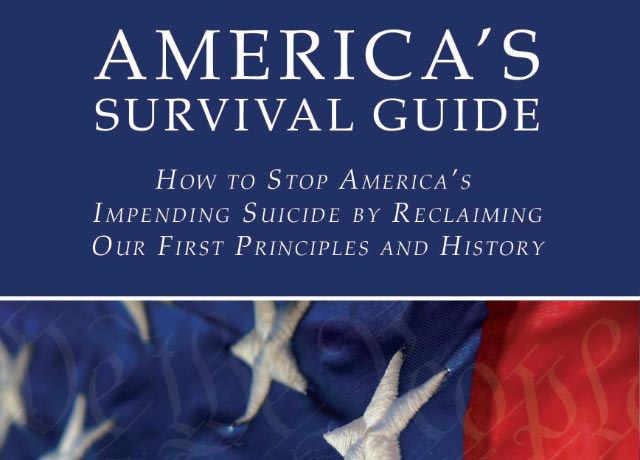(Originally published in the Detroit Free Press, 2/5/08)
The importance of telling the truth while under oath in court has been recently splashed across the front page. Putting aside any commentary on any particular case, this heightened public awareness is needed and welcome.
That perjury is commonplace is the dirty little secret of modern litigation. Seasoned lawyers and judges more than suspect that many litigants file false affidavits, provide baseless testimony in sworn depositions, and lie under oath at trial. Although people may hear and see events differently, often trial testimony is so diametrically opposed that there is no rational explanation other than at least one witness is simply lying.
Indeed, at times, the extrinsic evidence that a witness is committing perjury becomes overwhelming.
The failure to rapidly pursue blatant perjury leads to the deterioration of the rule of law and the administration of justice, and it undermines our form of self-government. To assume that perjury is a fact of life that cannot or should not be vindicated in the courts of law only exacerbates the situation and leads to the disillusionment of those who do not engage in such conduct.
If litigants understand that they can blatantly lie under oath -- even when extrinsic evidence clearly proves the falsity of the statements -- we only degrade the rule of law, a First Principle of our republic.
Lies under oath lead to violating court orders; broken court orders lead to more serious crimes. Contemnors are simply emboldened to lie with impunity and to violate court orders without consequence.
Moreover, the courts are the people's instrument of justice. To make a mockery of the sacred role of the court is to undermine the very core of our system of self-government.
If the truth does not matter in our courts of law, how can it matter elsewhere? If we will not enforce the law in our own courts, how can we expect that it will be adhered to outside of them? If the oath means nothing, it should not be given.
On the other hand, if the rule of law is to prevail, the oath should be vigorously enforced, and those who breach the same should be held accountable for their misconduct. Indeed, Michigan and federal jurisprudence has long held that it is the duty of a conscientious court to punish criminal contempt, regardless of how forgiving or reluctant the judge might otherwise be to pursue the matter.
Perhaps uniquely in the state, my court has held several criminal contempt proceedings based on false testimony that occurred in a prior proceeding. Although rare, they have been important in protecting the integrity of the administration of justice.
For example, one conviction for criminal contempt arose out of the perjury and production of false documents that occurred during a double armed robbery trial.
In another proceeding, a counselor falsely testified about the security of a facility in which a bond violator was subsequently placed; contrary to the false testimony that misled both the people and the court, the bonder was able to leave on his own accord, thereby endangering the community.
Others found in contempt include a woman who took the wrong child to a paternity test, witnesses who admitted lying under oath in depositions, and a party who forged a signature on an employment agreement.
Apparently word has spread. I have been told by a number of prominent litigators and judges that they are aware of the criminal contempt proceedings that have occurred in my court, and that they support the revivification of the oath. In addition, at my urging and with the unanimous support of the Michigan Supreme Court, the Legislature recently enhanced the penalties for criminal contempt. These efforts appear to be working; I have had a dearth of contempt matters in my court for several months.
With some luck, these efforts will spread, and the importance of the oath will be affirmed and strengthened to better protect the core of our system of justice.
For more on the importance of the First Principle of the rule of law and the role of the courts in preserving of liberty, see http://www.americassurvivalguide.com/index.php.
Subscribe to:
Post Comments (Atom)






No comments:
Post a Comment